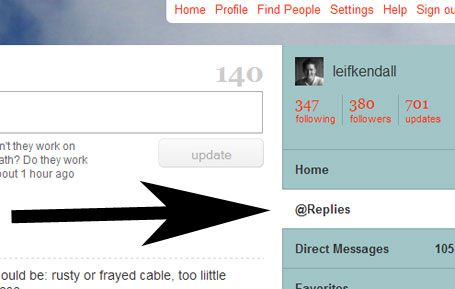Do you ever wonder if the time you invest in Twitter, Flickr, Facebook and your blog is worth the effort? It’s a reasonable thing to wonder, but I suspect that for most small businesses it’s better to just relax, enjoy it, and see what emerges.
Everything in life can be monitored, tracked, charted, monetized and commoditized. But that doesn’t mean you should.
If you are asking “is all the time I spend on Twitter really worth it?” – it’s probably not. If you enjoy socialising with your friends and contacts, then continue. If it feels like work and it just soaks up your time without giving anything back, spend less time on it.
Of course, for mega-corporations with marketing departments, there will always be a need to quantify the effectiveness of something like social media. And that’s fine.
What do you think? Is social media a waste of time? Or a useful way to connect with the people around you?



